Following The Film Stage’s collective top 50 films of 2021, as part of our year-end coverage, our contributors are sharing their personal top 10 lists.
As 2021 careens recklessly to a close, it seems mentally beneficial to emphasize the positives.
On a personal level, the opportunity to return to cinemas, especially with my children, felt wondrous. And while I was unable to attend the Toronto International Film Festival in person for the second-straight year, having the chance to virtually cover TIFF, Sundance, SXSW, Hot Docs, Tribeca, New York, and Chicago in the last twelve months was a genuine pleasure. It was through these festivals that I saw many of the films on the list below.
Just outside my top fifteen are a number of films that delighted and enthralled me: Joel Coen’s marvelous Tragedy of Macbeth; Ryusuke Hamaguchi’s triumphant Wheel of Fortune and Fantasy and Drive My Car; Edgar Wright’s double-whammy of The Sparks Brothers and Last Night in Soho (I thought the final third was just fine, BTW); the spectacle of Dune, The Matrix Resurrections, and No Time to Die; the documentaries Woodlands Dark and Days Bewitched, Procession, The Most Beautiful Boy in the World, and Summer of Soul; and a few of the year’s most thematically provocative films: Passing, Benedetta, Pig, Annette, The Lost Daughter, A Hero, Bergman Island, The Green Knight, Undine, The Card Counter, and, for its immaculate lead performance from Kristen Stewart, Spencer.
Here are the fifteen 2021 releases that have stayed in my memory longest. And yes, I realize this is likely the only top ten list in the world to include my number ten selection; I can live (forever) with that.
Honorable mentions: The Girl and the Spider, The Velvet Underground, The Souvenir Part II, Titane, West Side Story
10. Oasis Knebworth 1996 (Jake Scott)

I have always felt that a top ten list should include at least one deeply personal, WTF?!-ish pick. That most certainly describes Oasis Knebworth 1996, the hugely entertaining documentary revisiting the Britpop legends’ most gargantuan concert. It is undeniable that Noel and Liam Gallagher (and company) were never more popular than during that post-”Wonderwall”/“Don’t Look Back in Anger” /“Champagne Supernova” summer, when (What’s the Story) Morning Glory? moved bushels of CDs around the globe and every move from the brothers drew the interest of MTV News and British tabloids. Jake Scott’s Knebworth adroitly captures that era. It is also a film that understands what made Oasis so enormously popular — the time, the sound, the lack of barrier between band and fan. Yes, the film is a testament to the power of nostalgia. But it is also a vivid glimpse of another world, one that has long since faded away. For me, Knebworth was the most joyful moviegoing experience of 2021.
9. The Last Duel (Ridley Scott)
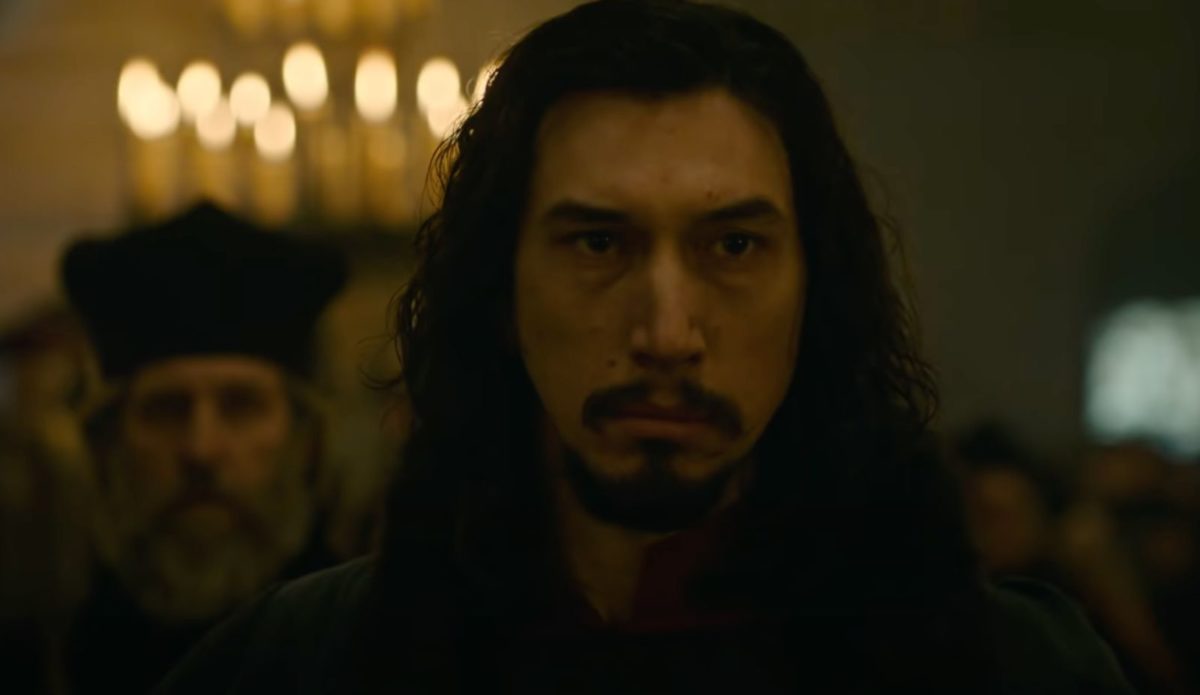
What a strange, fascinating year it was for Ridley Scott. One of his two efforts, House of Gucci, brought in some nice change at the box office and drew oodles of Gaga-fueled hype. The other ranked among 2021’s most notable bombs. And yet The Last Duel is a relentlessly engrossing stunner, and his finest film since Gladiator. Duel is a new type of Hollywood spectacle—unafraid to turn a critical eye at its leading man (played with buffoonish aplomb by Matt Damon) and more than willing to let a female voice rise above the rest. The latter is expertly played by Jodie Comer, who brings Marguerite to life most vividly in the film’s final third, written by the great Nicole Holofcener. The Last Duel did not have a long stay in cinemas, but it will not be forgotten.
8. Licorice Pizza (Paul Thomas Anderson)

Paul Thomas Anderson’s Licorice Pizza is a lot of movie—coming-of-age story, problematic rom-com, ode to early-70s fringe stardom, biography of a relentlessly entrepreneurial 15-year-old. Indeed, there are moments when the film almost feels like the loosest greatest hits collection in cinema history. That is a compliment; this looseness is one of Pizza’s greatest assets. While it is very possible that the parts are greater than the whole, those parts are expertly written, breathtakingly directed, and sublimely acted. (Only PT Anderson could craft the most suspenseful truck-driving sequence since Sorcerer—and, before that The Wages of Fea down the steep streets of Southern California, backwards, with a predatory Jon Peters on the prowl.) Above all else, Licorice Pizza succeeds as the portrait of a young woman attempting to navigate a series of God-awful small affairs. Her path leaves the audience in a state of exhilarated bliss, a testament to the equally vital efforts of Anderson and star Alana Haim.
7. The French Dispatch (Wes Anderson)
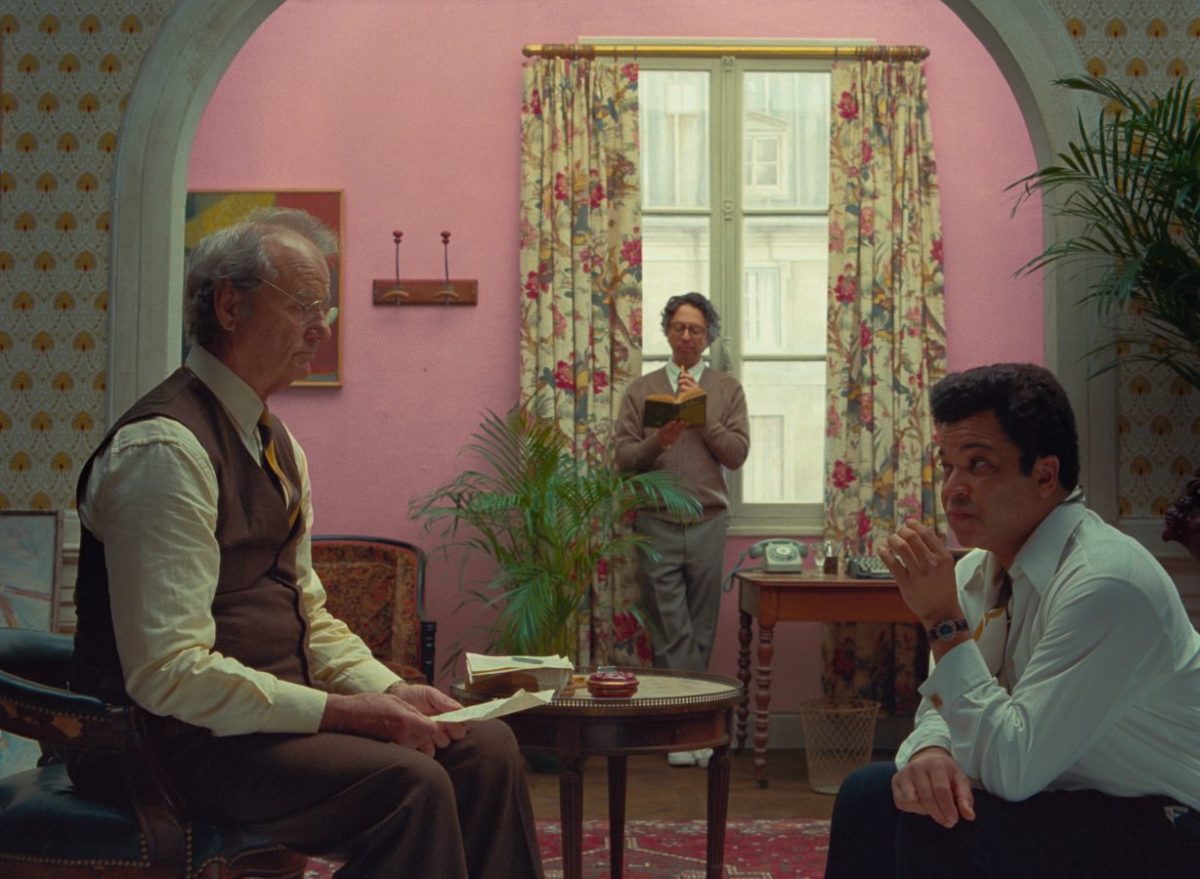
The tired criticism that Wes Anderson’s films are increasingly “cold” seems especially ludicrous when leveled at his latest. Yes, this study of a New Yorker-esque (OK, it’s pretty much The New Yorker) magazine based in fictional Ennui-sur-Blasé is meticulously designed and painstakingly crafted. Yet it is also narratively bold and deeply moving. Watch the performance of Jeffrey Wright in the film’s third and final story, and you will see the “cold” critique wither and die.
6. Shiva Baby (Emma Seligman)
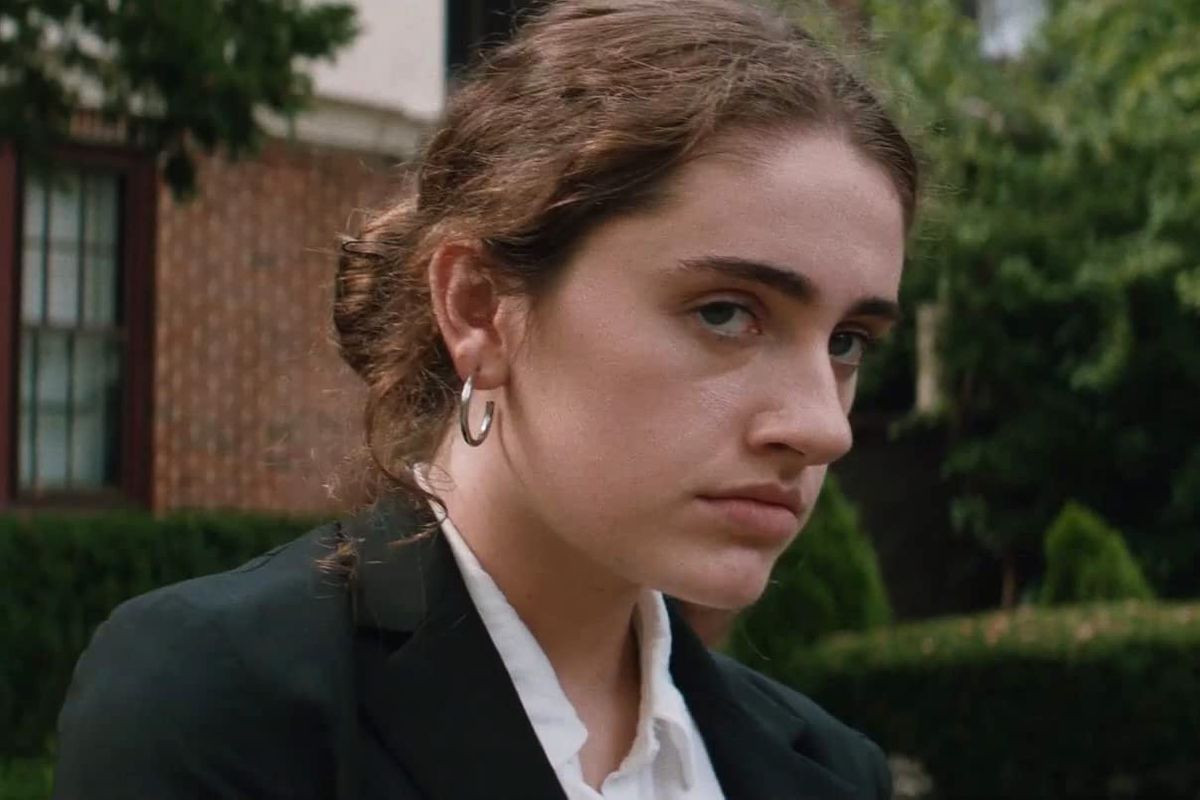
Emma Seligman’s Shiva Baby is a discovery, in every sense: the discovery of a new comic voice behind the camera, the discovery of a note-perfect star in lead actor Rachel Sennott, and the discovery of a viewing experience that is at once hilarious, awkward, uncomfortable, and unforgettable. Shiva Baby is a blast of energy and from its first moment to its last Seligman finds the right balance. There is genuine suspense, if not horror; the score, by Ariel Marx, could just as easily fit a summer camp slasher flick. But the greatest feeling for the audience––after discomfort—is genuine excitement.
5. Flee (Jonas Poher Rasmussen)
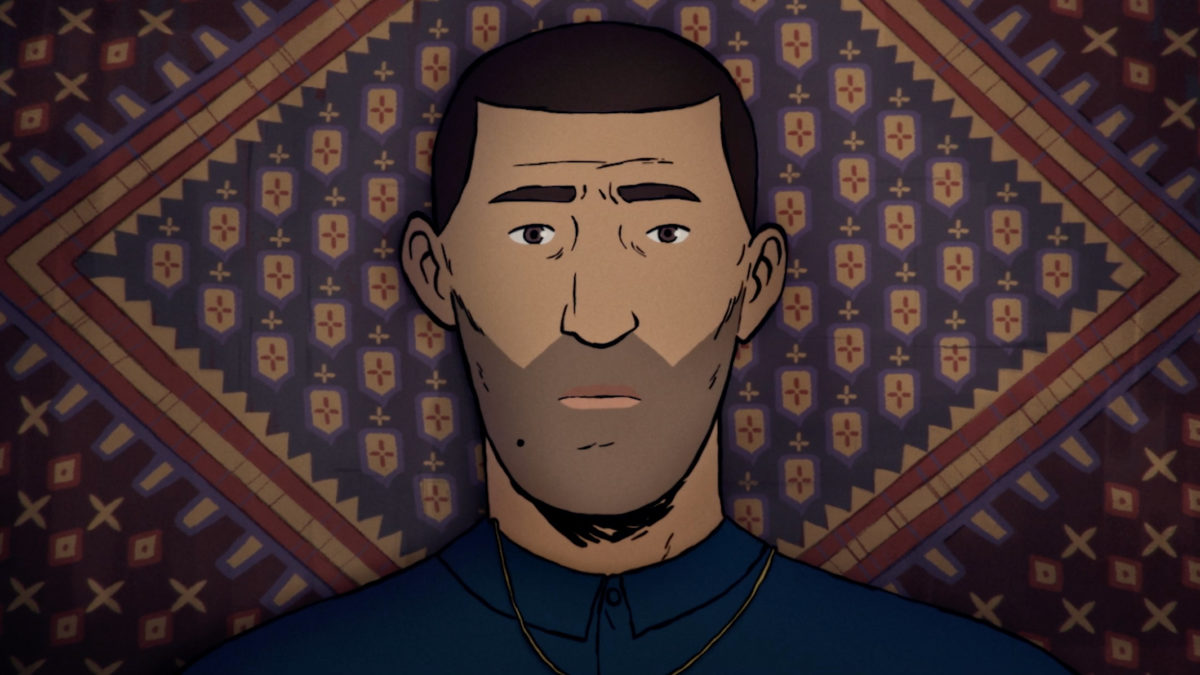
There have, of course, been a great many animated films about deeply serious subjects, many in recent years, from Persepolis to Anomalisa to Waltz With Bashir. Jonas Poher Rasmussen’s Flee can now comfortably fit on this shelf of profoundly affecting films. Indeed, Flee ranks as one of the most uniquely memorable animated films of the last decade. It is remarkably successful as a study of the refugee experience, as a coming-of-age drama set against a backdrop of fear and danger, and as a tribute to one individual’s ability to survive and even flourish. It is an extraordinary achievement.
4. Parallel Mothers (Pedro Almodóvar)
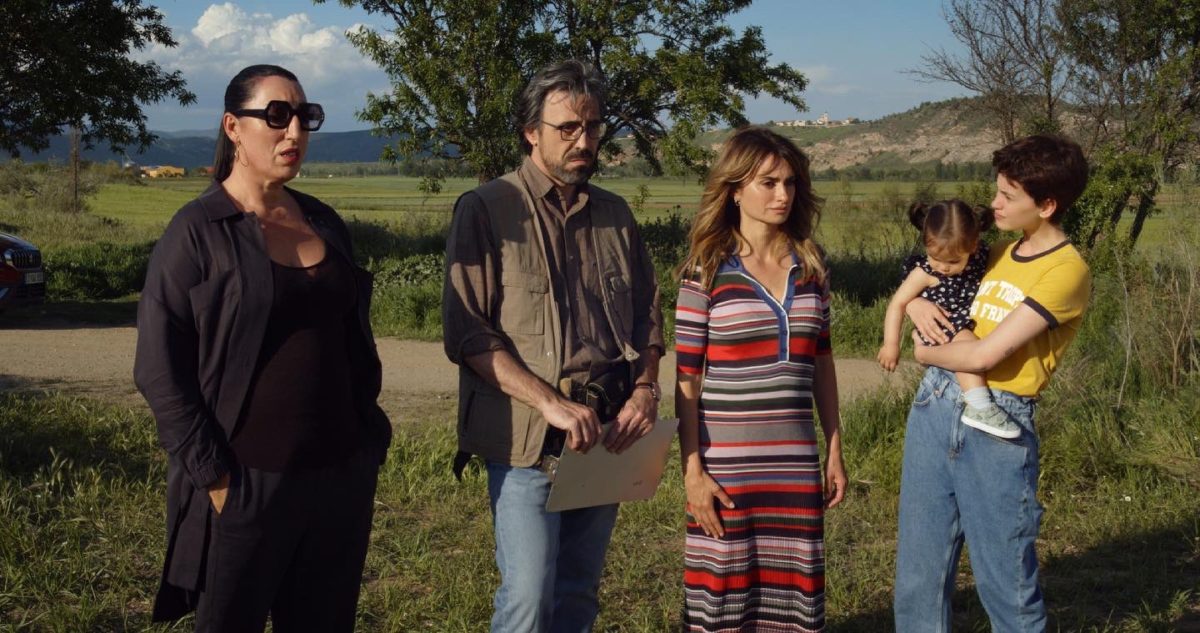
One year after bringing to the New York Film Festival an astonishing short film, The Human Voice, the mighty Pedro Almodóvar returned with an emotional knockout called Parallel Mothers. This masterpiece is an even stronger feature than his last triumph, 2019’s Pain and Glory. Penélope Cruz and Milena Smit star as two women who give birth the same night, and then see their lives become inextricably linked, and deeply tangled. A fiercely political and ultimately heartbreaking film, Parallel Mothers is one of Almodóvar’s greatest films. It is also one of his most emotionally subtle. But when it roars, Mothers is a positively shattering experience.
3. The Power of the Dog (Jane Campion)
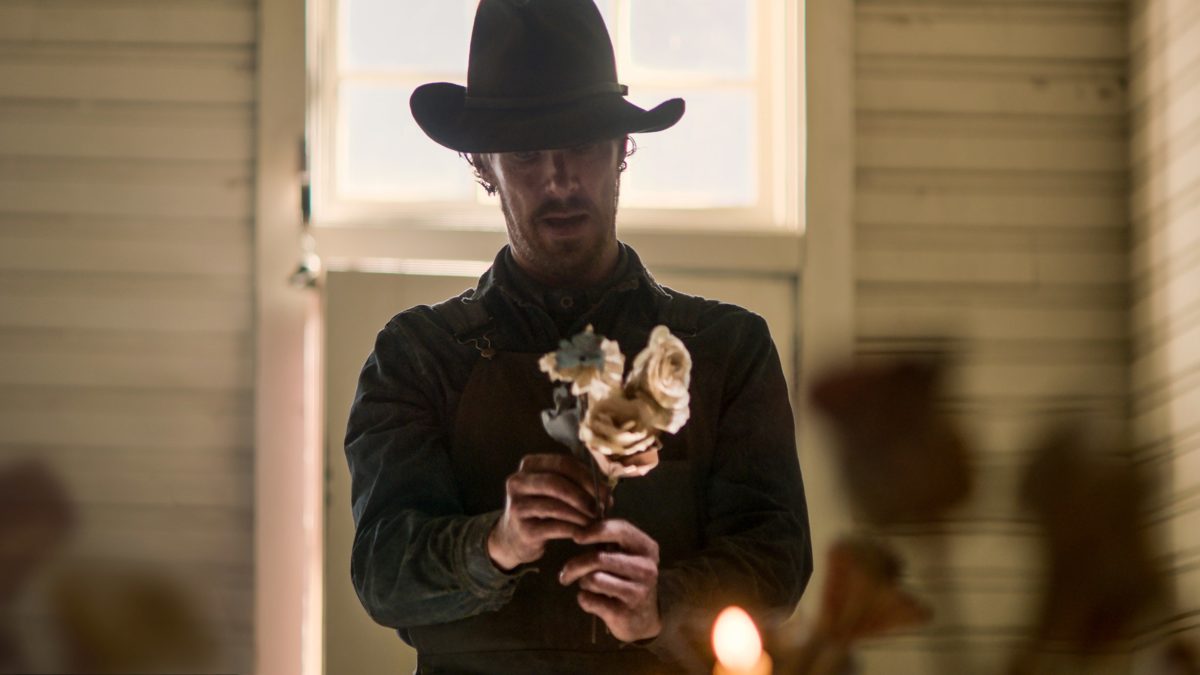
I’m not sure there is a more devastating film this year than Jane Campion’s The Power of the Dog. Watching her tale of two lonesome brothers, a gentle but defeated woman, and her difficult-to-analyze son sent me racing to Thomas Savage’s novel, and reading it enriched Campion’s take even more. She captured the nuance and subtlety of the text while deepening the passion. A fine book has been made into an even more affecting film, one anchored by four uniquely memorable performances from Benedict Cumberbatch, Kirsten Dunst, Jesse Plemons, and Kodi Smit-McPhee.
2. Petite Maman (Céline Sciamma)
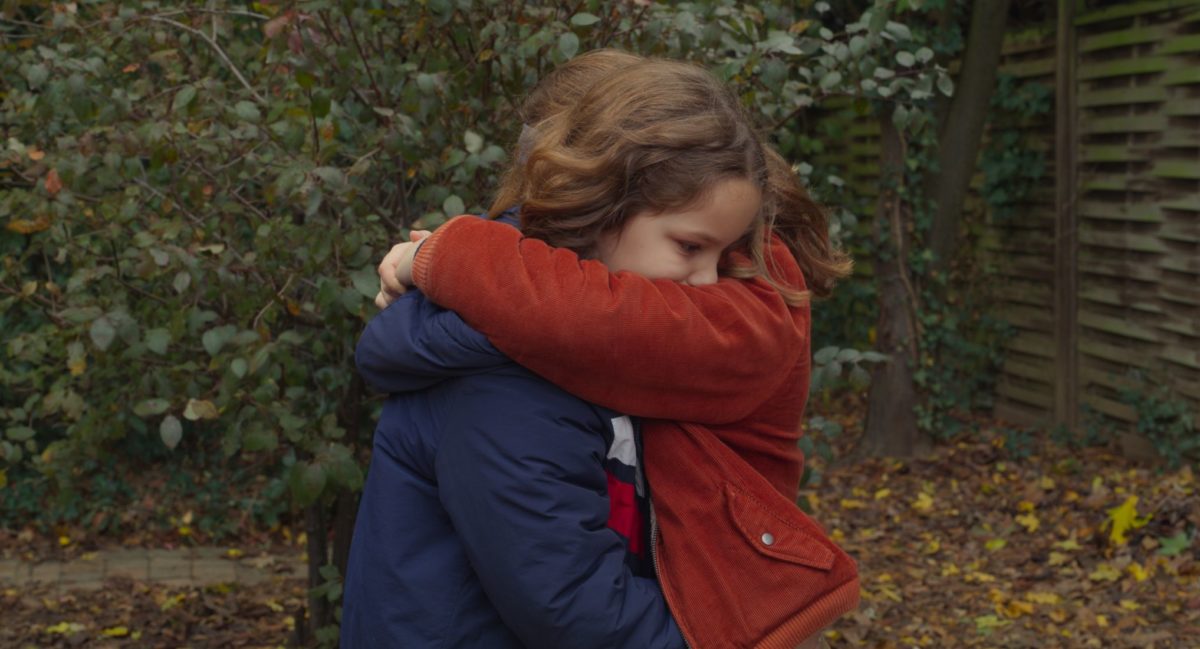
Céline Sciamma’s astonishing follow-up to Portrait of a Lady on Fire wrecked (and delighted) me. Starting as a rather simple tale of a young girl who accompanies her family to her late grandmother’s home, Maman takes several unexpected turns, ultimately revealing itself to be one of the more canny tales of the parent-child relationship ever made. I look forward to watching it with my own children in a few years, and seeing how they react to its uncanny truths about the agonies and ecstasies of growing up. Portrait was the best film I saw in 2019; it is only fitting that Petite Maman was one of the best of 2021.
1. Red Rocket (Sean Baker)
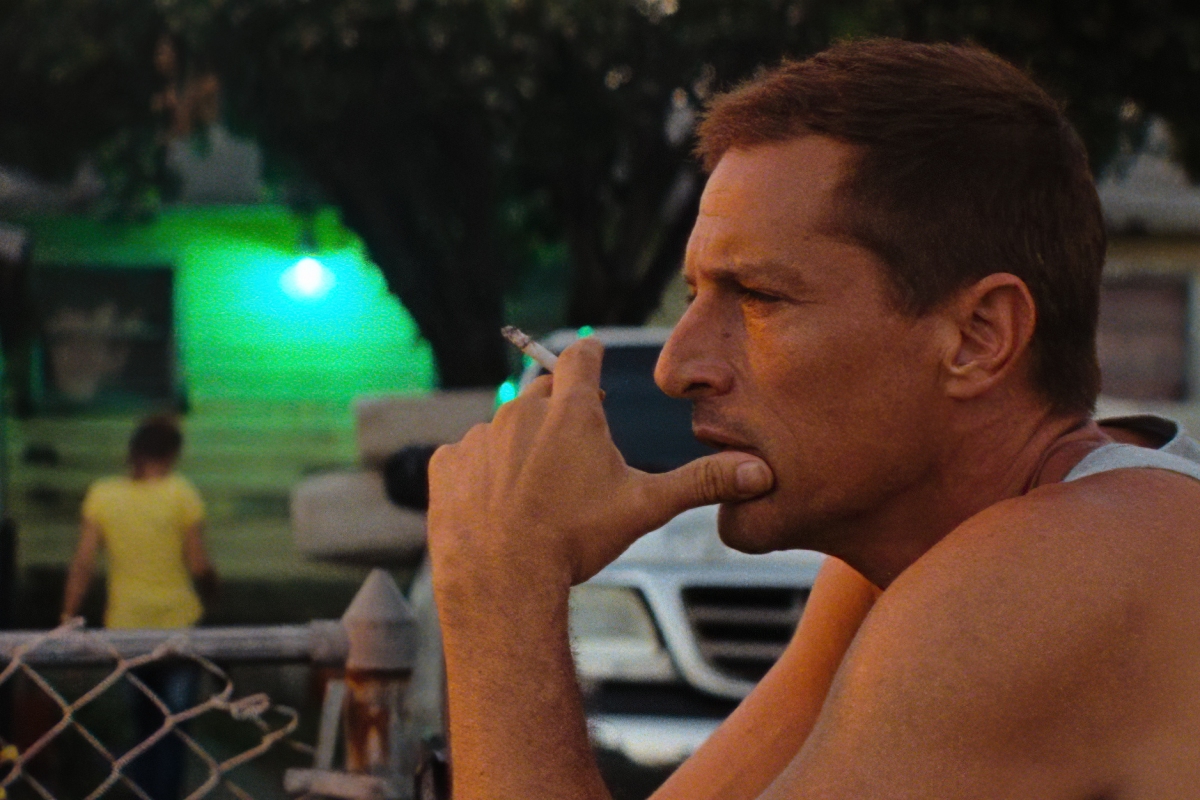
There are few directors on the planet making films that feel as lived-in as Sean Baker. Perhaps that is why Tangerine, The Florida Project, and his latest, Red Rocket, resonate so strongly. More than verisimilitude, though, it is Baker’s understanding of the complexities of human nature that pushes his work to the level of excellence. Simon Rex’s Mikey Saber, an ex-porn star whose eye for a hustle is ever-present, behaves exactly how he should — uncaringly destructive to himself and others, but with a lovable grin. Writer (and Film Stage contributor) Brianna Zigler puts it well in an essay for Gawker. “Here was a film which flagrantly compels its audience to empathize with a creep and a con man,” she reflected after seeing Red Rocket at the New York Film Festival. “I sat in the theater thinking to myself, ‘No, he surely won’t be allowed to go that far,’ only to watch him do it.” Indeed, part of the joy we derive from watching Red Rocket is our realization that Mikey is going to make the selfish move every single damn time. Yes, that is so very, very wrong. And it is so very, very 2021. Sean Baker’s Red Rocket — my choice as the best film of the year — is breathtakingly original, deeply comic, and tremendously engaging. It cements Baker as one of cinema’s brightest lights, and features a lead performance that remains endearing even when Mikey is at his worst, not to mention a magnificent debut from Suzanna Son. In its final sequence, Rocket reveals Mikey to be something rare: a character completely true to himself. Deluded, but true. Red Rocket, then, is more than a comedy. It is a modern classic exploring the flaws and desires of a man who in his relentless selfishness and overwhelming confidence is a quintessential American. Might sound crazy, but it ain’t no lie.
